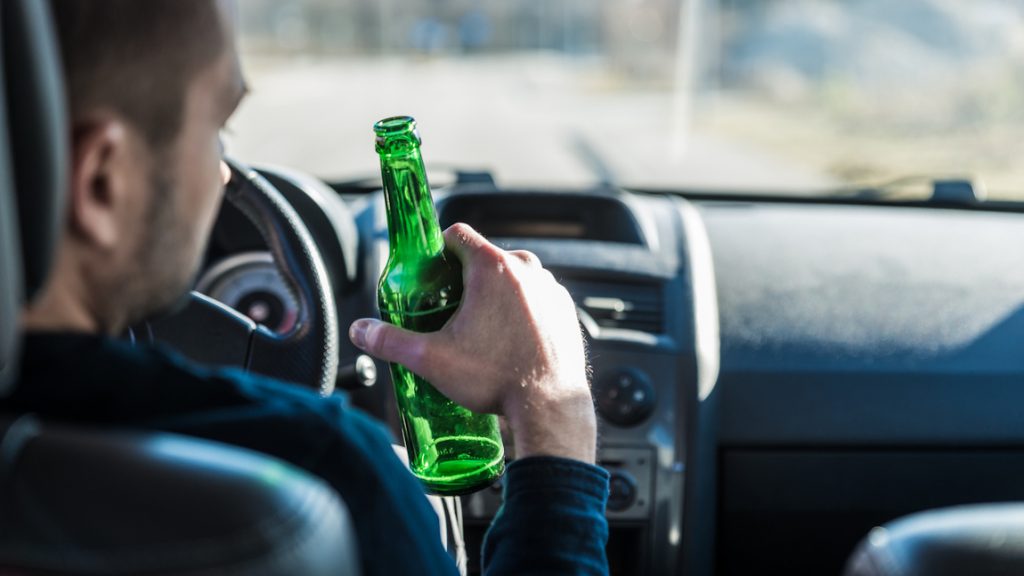Consumer emphasis on health and environmental concerns has become instrumental in shaping the future of the beverage industry in 2019. Among these factors, the millennial generation stands out as a key driving force for upcoming trends.
A survey by UCL reveals that 36% of young people aged 16 to 24, engaged in full-time education, are currently abstaining from alcohol. To keep pace with this cultural shift, beverage companies must not only innovate with non-alcoholic drinks but also align with health and sustainable development trends.
In light of this, let’s delve into the five major non-alcoholic beverage trends summarized by FoodBev Media.
I. Functionality Remains a Key Term in Future Beverages
The beverage industry has recently introduced functional new products catering to a variety of consumer needs, ranging from stress relief to immune support and beauty. For today’s consumers, mere hydration is no longer sufficient.
Collagen, vital for skin, hair, and nail health, has gained significant attention. Many companies have incorporated collagen into their ready-to-drink beverage innovations, such as Protein Water Co and Vital Proteins. Major brands like Coca-Cola have also joined this trend, introducing vitamin water series and an energy drink combining caffeine, guarana extract, and vitamin B. The market has witnessed a surge in CBD-infused beverages for their pain relief and stress reduction properties.
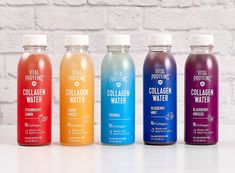
In August of this year, FoodBev Media will delve deeper into global CBD beverage development trends, market acceptance, and legislative status.
II. Gut Health, the Blessing of Fermented Drinks
Fermented beverages rich in probiotics offer notable benefits to overall health, particularly digestive health. The popularity of these drinks witnessed significant growth in 2018, with no signs of abating. BCC Research predicts that the international fermented ingredients market will reach $28.4 billion by 2020, with a yearly growth rate of 3.4%.
Kombucha, as a fermented tea rich in live bacteria, has played a significant role in this growth. It tends to adopt a ready-to-drink format, as seen in Revive’s new canned bubbly Kombucha, making it more accessible to consumers. Adroit Market Research predicts a 13% Compound Annual Growth Rate (CAGR) in the North American kombucha market, reaching a value of $3.5 billion by 2025.
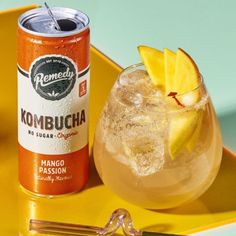
Similarly, fermented kefir beverages, known for their probiotic content and digestive benefits, have gained popularity. From Bio-tiful Dairy’s new flavors of kefir smoothies to Captain Kombucha’s bubbly kefir drinks, it’s evident that new kefir products are thriving in the market.
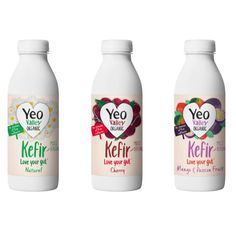
III. Personalization, the Path to Millennials’ Hearts
The increasingly complex demands of millennials in terms of health and convenience require brands to create personalized experiences. This trend, led by the younger generation, is becoming a significant industry shift.
Beverage brands aiming to transcend unique product experiences need innovation to enhance their competitiveness. Many companies have responded by offering plant-based beverages, such as Stok Cold Brew’s new plant-based cold brew coffee, aligning with this trend of veganism and cold brewing.
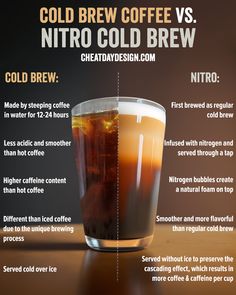
In April, PepsiCo launched a hydration platform that allows users to fully customize their drinks, catering to the growing demand for personalized beverage choices.
IV. Alcohol-Free Drinks, the New Choice for Social Adults
IWSR data indicates a 1.5% decline in alcohol consumption in 2018, signifying consumers actively choosing to reduce alcohol intake. This shift has opened up the market for non-alcoholic alternatives, surpassing soft drinks and orange juice as another option for socializing.
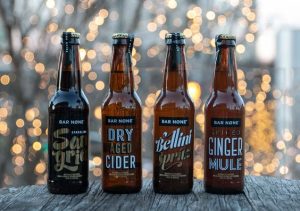
Earlier this year, Sparklingly Sober introduced a non-alcoholic sparkling wine, and Coca-Cola launched a series of non-alcoholic sparkling beverages tailored for adults. Health-conscious consumers are a primary target for this category, with brands hoping to tap into this lifestyle trend. From Beroni to Heineken, 0.0% alcohol beers are prevalent, with some even incorporating cannabis elements, aligning with the health-focused trend of non-alcoholic beverages.



